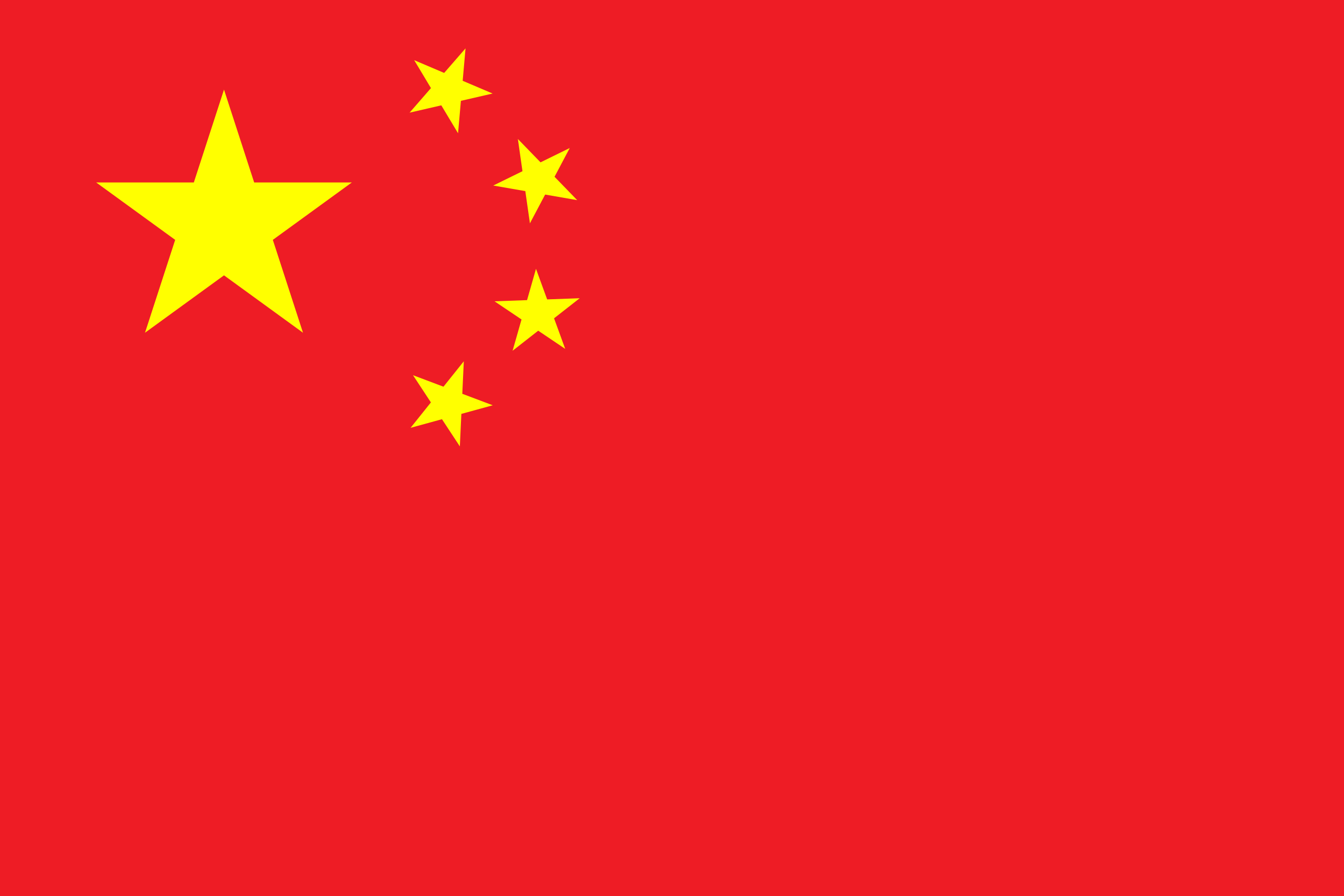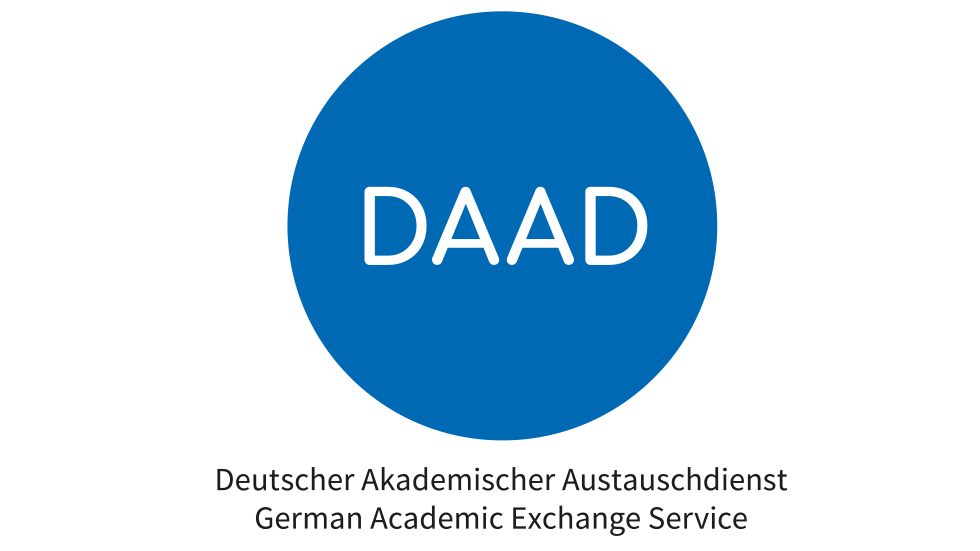University of Portsmouth UK PhD Scholarship (Fully Funded)
Description
The Centre for Port Cities and Maritime Cultures (PCMC) at the University of Portsmouth invites applications for a fully-funded PhD position starting in February 2025. This interdisciplinary research project is part of the "Sail to Steam, Carbon to Green" initiative, focusing on the port city of Callao, Peru in South America.
Project Overview:
This project seeks to understand the historical and cultural impacts of maritime technological transitions on coastal communities in the Global South. By examining the transition from sail to steam in the 19th century, the research aims to provide insights into how these communities are adapting to the current shift towards decarbonization.
Key Research Questions:
- How did the transition from sail to steam affect the social, cultural, and environmental landscape of Callao, Peru?
- What lessons can be learned from the past to better understand and prepare for the impacts of the current energy transition on coastal communities?
- How can historical perspectives inform strategies for sustainable development and resilience in port cities?
Project Benefits:
- Fully-funded PhD: Receive financial support to cover tuition fees, living expenses, and research costs.
- Interdisciplinary research: Work with a team of experts from various fields, including history, geography, sociology, and environmental studies.
- International experience: Benefit from a visiting scholarship at the Pontifical Catholic University of Peru (PUCP).
- Contribution to global knowledge: Contribute to a growing body of research on the history and future of port cities and maritime cultures.
Degree Level
University of Portsmouth UK PhD Scholarship (Fully Funded) is available to undertake PhD level programs at University of Portsmouth.
Available Subjects
Following subjects are available to study under this scholarship program.
- History
- Sociology
- Politics
- Literature
- Area Studies
From Sail to Steam, Carbon to Green: Empowering Port Communities in the Global South (Peru)
PhD Opportunity at the University of Portsmouth
The Centre for Port Cities and Maritime Cultures (PCMC) at the University of Portsmouth is offering an exciting opportunity for a fully-funded PhD, commencing in February 2025. This interdisciplinary doctoral programme is part of the first phase of the project titled “Sail to Steam, Carbon to Green: Empowering Port Communities in the Global South,” focusing specifically on the port city of Callao, Peru.
This research seeks to understand the impact of maritime technological transitions—specifically the transition from sail to steam—on coastal communities in the Global South. As the world now grapples with another profound energy transition towards decarbonisation, this project draws lessons from the past to predict and prepare for the future impacts on port communities. Supported by a visiting scholarship at the Pontifical Catholic University of Peru (PUCP), the PhD researcher will delve into the historical and cultural dimensions of these transitions, focusing on the maritime cultures and the resilience of local communities.
Project Details
The overarching theme is to explore the social, cultural, and environmental effects of the nineteenth-century transition from sail to steam in the context of maritime technological change. It will compare the heritage and attitudes of communities in the Global South, particularly in Callao, Peru, a key international sea port. The research aims to provide insights into the historical transformations within these communities and assess how they are poised to cope with the shift toward green energy in the 21st century.
The project aligns with UNESCO’s ‘Ocean Decade (2021-2031)’ initiative, promoting a more holistic understanding of how human communities interact with their maritime environments. While the science of climate change has dominated discourse, this project highlights the importance of incorporating the human experience, giving voice to historically marginalised communities.
Benefits
- Financial Support: The PhD candidate will receive an annual UKRI stipend and a generous travel bursary to support research activities, both domestically and internationally, particularly in Callao, Peru.
- Access to Resources: The candidate will have access to the Lloyd's Register Foundation (LRF) maritime archive, providing valuable historical data on fossil-fuelled shipping and its societal consequences.
- Community Engagement: A community engagement fund will enable the candidate to collaborate with local communities and produce impactful research outputs.
- Scholarly Dissemination: The candidate will gain experience in scholarly dissemination, including organizing an international workshop, producing blogs, podcasts, and educational materials.
Eligible Nationalities
This scholarship is open to students of all nationalities.
Eligibility Criteria
Eligible candidates should possess:
- A strong academic background (upper second class or equivalent) in History or a related field. A Master’s degree is preferred, but equivalent professional experience may also be considered.
- Proficiency in Spanish (speaking and reading) is essential.
- Willingness to collaborate with community stakeholders and travel between Portsmouth, Lima, and Callao.
Application Procedure
How to Apply
Interested applicants should apply online before the 7th of October, 2024, quoting project code SASS9271024. Applications must include:
- A personal statement outlining your interest in the project.
- Proof of degrees and grades.
- Two academic references.
- Proof of English language proficiency (IELTS band 6.5 or higher).
- An up-to-date CV.
In conclusion, this PhD opportunity at the University of Portsmouth offers a unique chance to contribute to the understanding of historical and future energy transitions within maritime communities in the Global South. By focusing on the port city of Callao, Peru, this project will explore the human dimensions of technological change, providing critical insights into how coastal communities adapt to shifts from fossil fuels to green energy. This research not only deepens historical knowledge but also fosters community engagement and real-world impact, aligning with global efforts toward sustainable maritime futures.




